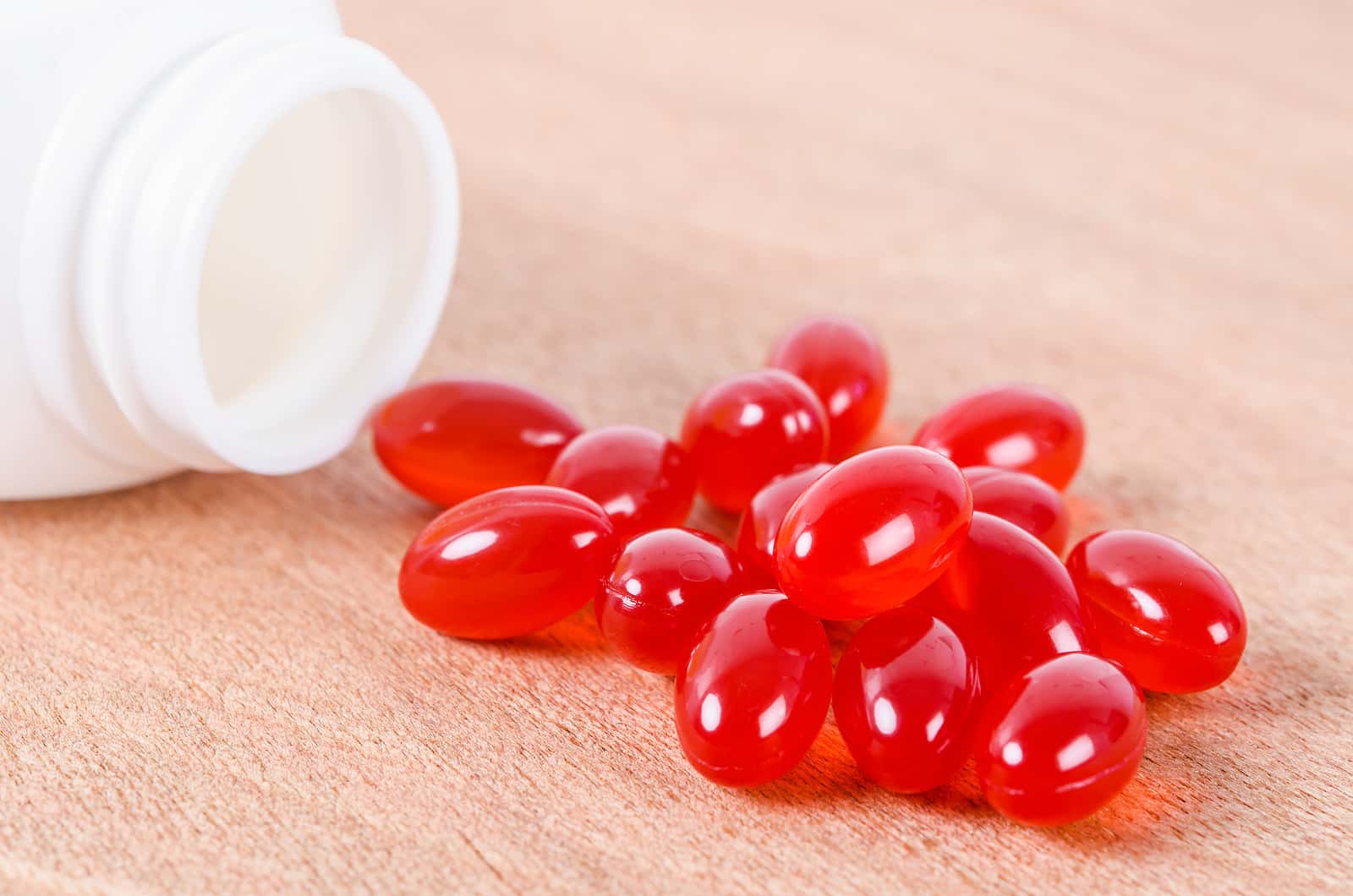
Doctors are frequently skeptical about dietary supplements. After all, who would guess that something with an improbable name like CoQ10 has heart benefits? Yet scientists who have studied this natural compound have found it helps a range of problems. Readers offer their own stories.
CoQ10 Lowered Blood Pressure:
Q. I recently started taking CoQ10 at my daughter’s suggestion. (Her doctor is also a naturopath.) To my surprise, my home blood pressure readings, which had been in the 160/80 range, dropped to 130/80 or lower almost immediately. In addition, my daily blood sugar readings are lower without any change in diet.
My primary care provider has never objected to any of my supplements, which include a multivitamin for women over 50, krill oil, vitamin B complex, garlic, tart cherry extract and aloe vera capsules. In addition to low thyroid and hypertension, I have chronic kidney disease, diabetes, and gout. All of these developed after I took prescribed “preventive” statin drugs at age 55.
Trouble with Statins:
The statins caused agonizing pain and partial paralysis. I was in a wheelchair until I stopped taking them.
I also have osteoarthritis but no heart problems. That’s what I learned from a recent cardiologist exam. He did not object to any of my supplements, nor did he want to see me again. My cholesterol numbers are only 1 point over the normal range without any statin. He agreed I cannot take statins due to my adverse reaction to them.
CoQ10 Has Heart Benefits:
A. Your fascinating testimonial sent us to the medical literature. There we found research confirming that Coenzyme Q10 (CoQ10) can lower blood pressure in people with cardiometabolic disorders (Advances in Nutrition, Sep. 20, 2022).
We were somewhat surprised to find that CoQ10 supplements can also assist in blood sugar control and lower triglycerides in type 2 diabetes (International Journal of Endocrinology, Sep. 16, 2018).
What Is Coenzyme Q10?
The body makes Coenzyme Q10, a compound crucial to the energy factories of cells called mitochondria. This fat-soluble molecule, also known as ubiquinone, has a structure somewhat similar to that of vitamin K. That is why people taking the anticoagulant warfarin should not take CoQ10 supplements. If they did, these might reduce the effectiveness of the drug.
Statins are known to lower CoQ10 levels (Journal of the American Heart Association, Oct. 2, 2018). Since your body reacted so strongly to statins, you may be especially susceptible to this effect.
You don’t need to lower your cholesterol, but other readers may be interested in statins and non-drug approaches to reducing blood lipids. We have written about these in our eGuide to Cholesterol Control & Heart Health.
CoQ10 Has Heart Benefits for People Taking Statins:
Q. My nurse practitioner suggested that I start taking Coenzyme Q10 because I am also on simvastatin to control cholesterol. She said it would be beneficial for my muscles and my heart. When I asked my cardiologist, though, he didn’t have a clue what I was talking about. What can you tell me about this nutrient?
A. Coenzyme Q10, also known as ubiquinol, is a natural compound made by the body. It is essential for mitochondria, the energy factories of our cells. Statin-type drugs deplete this crucial nutrient and many doctors now recommend it for patients on such medications (Nutrition Reviews, March, 2013).
CoQ10 for Heart Failure:
An extremely rigorous review of randomized controlled trials concluded that Coenzyme Q10 probably reduces death and hospitalization from heart failure (Cochrane Database of Systematic Reviews, Feb. 3, 2021). This is not the only time we have heard that CoQ10 could help against heart failure. A meta-analysis of 26 trials found that CoQ10 supplements might ease symptoms such as swollen ankles, fatigue and shortness of breath (Health Technology Assessment, Jan. 2022). The authors do urge further research to make sure that CoQ10 has heart benefits that really matter to patients.
Citations
- Zhao D et al, "Dose-response effect of Coenzyme Q10 supplementation on blood pressure among patients with cardiometabolic disorders: A GRADE-assessed systematic review and meta-analysis of randomized controlled trials." Advances in Nutrition, Sep. 20, 2022. DOI: 10.1093/advances/nmac100
- Zhang S-Y et al, "Effectiveness of Coenzyme Q10 supplementation for type 2 diabetes mellitus: A systematic review and meta-analysis." International Journal of Endocrinology, Sep. 16, 2018. DOI: 10.1155/2018/6484839
- Qu H et al, "Effects of Coenzyme Q10 on statin-induced myopathy: An updated meta-analysis of randomized controlled trials." Journal of the American Heart Association, Oct. 2, 2018. DOI: 10.1161/JAHA.118.009835
- Al Saadi T et al, "Coenzyme Q10 for heart failure." Cochrane Database of Systematic Reviews, Feb. 3, 2021. DOI: 10.1002/14651858.CD008684.pub3 Free PMC article
- Claxton L et al, "Coenzyme Q10 to manage chronic heart failure with a reduced ejection fraction: a systematic review and economic evaluation." Health Technology Assessment, Jan. 2022. DOI: 10.3310/KVOU6959

